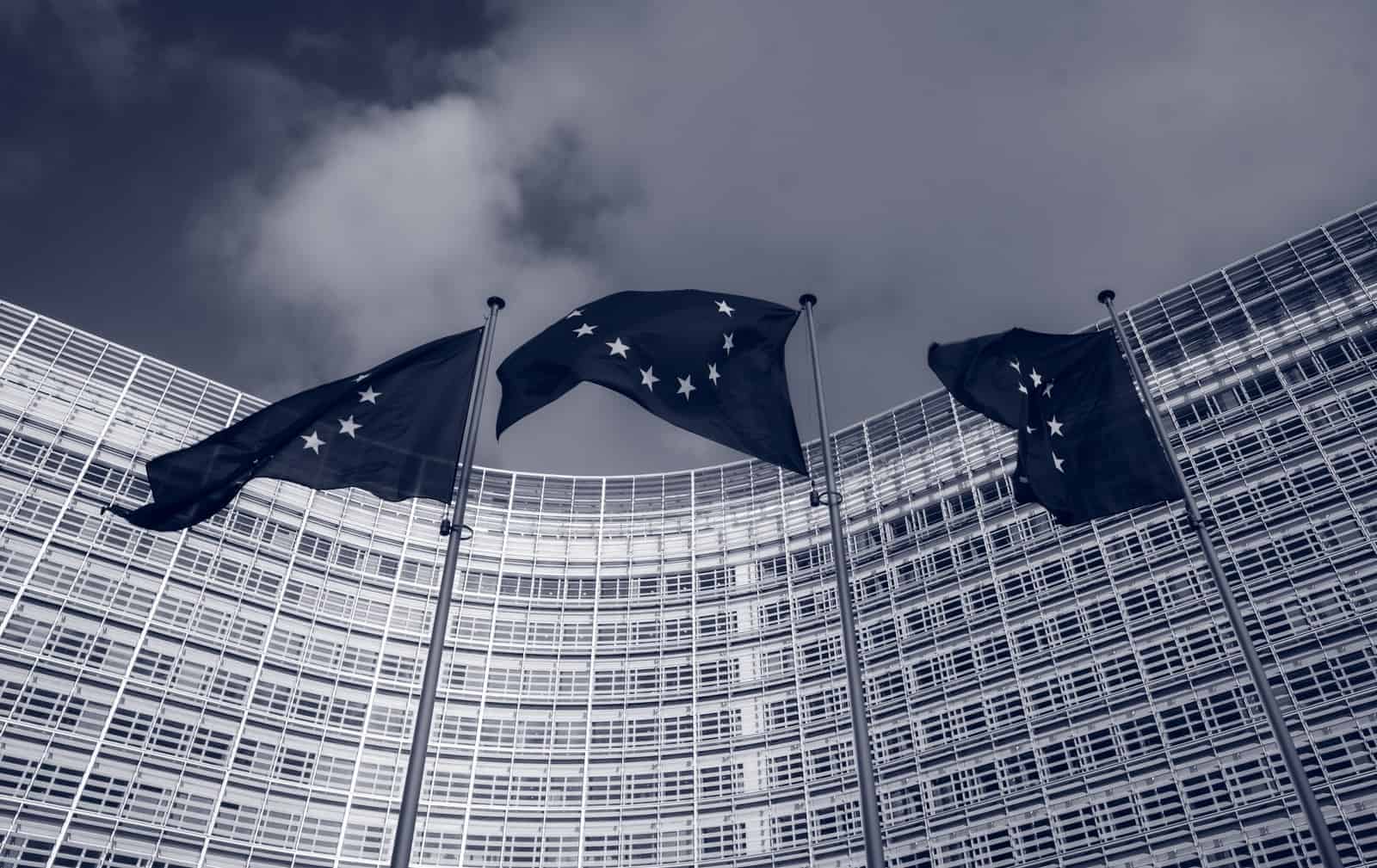
MiCA Receives Final Approval From EU Finance Ministers
- MiCA provides the world’s first comprehensive policy on cryptocurrencies.
- The new policy covers the legal requirements and registration processes for wallet providers, crypto exchanges, and issuers.
Following a vote on Tuesday, May 16, the Economic and Financial Affairs Council of the European Union, comprised of the finance ministers of all member states, approved the keenly-anticipated Markets in Crypto-Assets (MiCA) law. The vote was widely seen as the final legislative hurdle. The ministers voted in favor of the landmark crypto regulation and amendments to some of the policies relating to the law.
Elisabeth Svantesson, Sweden’s minister of finance and the meeting’s chair, expressed her satisfaction with the new regulation in a statement. She noted that “recent events have confirmed the urgent need for imposing rules that will better protect Europeans who have invested in these assets and prevent the misuse of the crypto industry for the purposes of money laundering and financing terrorism.”
The regulation is expected to become law this summer after receiving approval from the finance ministers. The next step involves publishing the rules in the official journal of the EU. Afterward, there will be a transitional period to allow businesses and regulators to adjust to the new regulations before they are completely implemented. According to reports, some stablecoin regulations will take effect a year from now, while others won’t until 18 months from now.
Svantesson labeled today’s approval as “an important step forward in the fight against money laundering.” She said,
Today’s decision is bad news for those who have misused crypto-assets for their illegal activities, to circumvent EU sanctions, or to finance terrorism and war. Doing so will no longer be possible in Europe without exposure.
What does MiCA cover?
MiCA was approved last month in Strasbourg by members of the European Parliament, establishing precise regulatory standards and obligations for the use of cryptocurrencies and related products and services within the European Union. It covers utility tokens, digital assets, stablecoins, and a variety of cryptocurrencies.
Some of the important provisions of MiCA are the registration process and the legal requirements for wallet providers, crypto exchanges, and issuers to operate within the EU. The new law also states that stablecoin issuers must adhere to specific security and risk mitigation criteria.
In addition, MiCA requires that custody services offer adequate security and safety measures to address any cybersecurity and operational failures. MiCA also offers a structure for curbing insider trading, market manipulation, and other bad behavior in the crypto space.
The European Commission initially suggested MiCA in September 2020. However, it faced several roadblocks and delays while moving through the legislative process. Interestingly, crypto service providers within Europe have lauded the approval of MiCA since it provides a uniform regulatory framework across Europe in terms of legal requirements and operational processes.
Along with the passage of MiCA, the European Parliament also approved two other pieces of legislation, including rules governing the disclosure of information on financial transfers and specific crypto assets.
The Council decided that local tax authorities will be required to exchange information with each other to ensure that foreign crypto transactions do not evade taxation.







